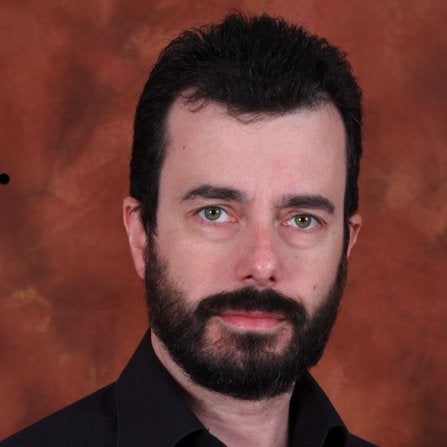
Carlo Piana is a lawyer by training and a Free Software advocate. A qualified attorney in Italy, Piana has been practicing IT law since 1995, focusing his practice on software, technology, standardization, data protection and digital liberties in general, and serves as external General Counsel to the Free Software Foundation Europe ("FSFE"). Piana has been involved in some of the cornerstone legal cases in Europe, such as the long-running antitrust battle between the EU Commission and Microsoft where he represented both the FSFE and the Samba Team. Piana is a member of the Editorial Committee of the International Free and Open Source Software Law Review ("IFOSS L. rev.") and is president of the board of directors of the Protocol Freedom Information Foundation. In 2008 he has established a free lance consulting practice on IT law, from where he leads a small group of IT lawyers named Array [http://arraylaw.eu].

Authored Comments
Dear friend, you could hardly be more misguided.
An idea is way different from a piece of land. Patents are state-created monopolies over ideas on how to do certain things. Unlike rights on the land, or things, they have never existed until 19th century. They are a limit to the freedom of entreprise, since they create a barrier to what one business can make in its own factory. As for software, they were not granted until mid-nineteen-nineties, and everybody were happy.
If patents were abolished, people would still own chairs, lightbulbs and other stuff which happens to infringe one or more patents, rest assured. As for software, copyright is more than appropriate, even overreaching. Do you have patents on novel? Do you have patents on movies? But you do have novelists, publishers and movie-makers.
<p>Your comment ‒ thank you for your contribution ‒ bears two questions.</p><p>First: cite? Have you looked into the cited articles by Posner and Becker? Adding Boldrind-Levine "The case against Patents" would do [Boldrin, Michele and Levine, David K., The Case against Patents (September 2012). FRB of St. Louis Working Paper No. 2012-035A. Available at SSRN: http://ssrn.com/abstract=2148738 or http://dx.doi.org/10.2139/ssrn.2148738]</p><p>Second: what about retributing the effort in developing software? Easy answer: for that, copyright has proven to be more than effective, actually, perhaps even too much (see Microsoft, years 1990-2000).</p><p>Patents, <strong>do not</strong> protect "an application" or hard-sweated software written by a company, but some basic and vague ideas behind all applications, mine and yours included, that happen even by chance to go through the same route.</p>